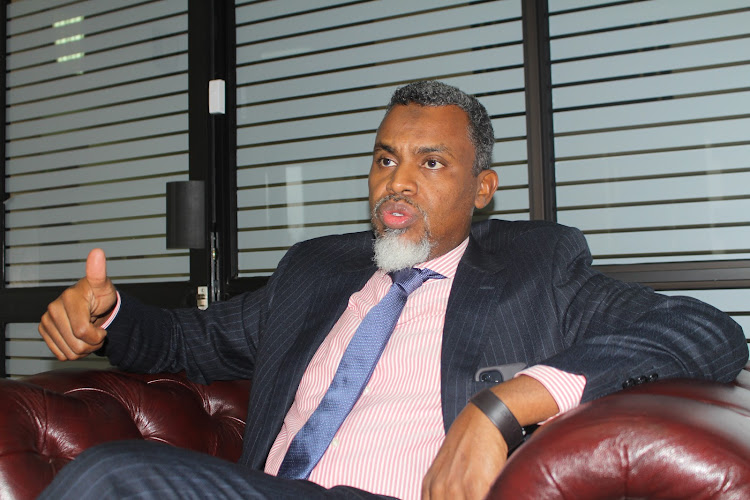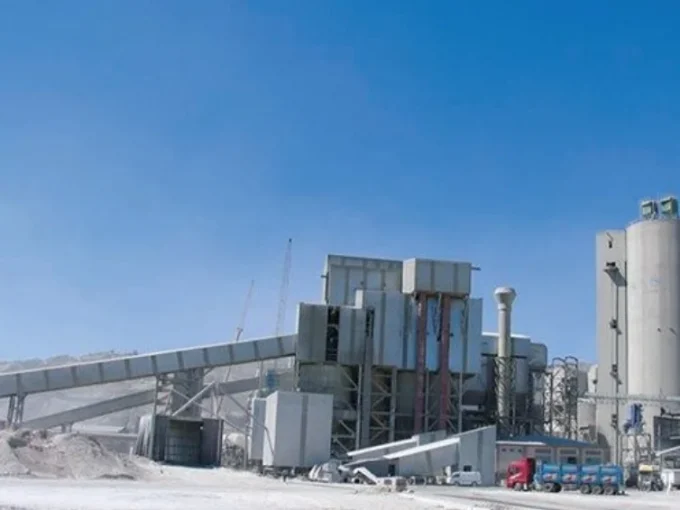The National Intelligence Service (NIS) was created in 1999 with the signing and the coming into effect of the National Intelligence Security Act of 1998. Before that, the Directorate of Security Intelligence (DSI) of the Office of the President carried out intelligence gathering and most of the critical roles relating to national security that NIS plays today.
NIS is known as the ‘secret police’ because it is a civilian agency separate from Kenya Police with no law enforcement function like the closely related Directorate of Criminal Investigations (DCI) – previously CID – which is of the National Police Service (NPS) under the command and control of the Inspector General.
> Everything You Need to Know about Kenya Police Ranks
Aside from the stated differing leadership structures with DCI, there is another distinction in their jurisdictions: DCI normally operates within the country’s borders, dealing with, among them, organised crime, drug trafficking, money laundering, civil rights violations, and public corruption, while, on its part, the capabilities and concerns of the intelligence to promote national security allow NIS to work with partners in unclassified venues even internationally.
However, the two security organs work collaboratively to mitigate and address the realities that threaten the security of Kenya.
Functions of NIS
As outlined in The National Intelligence Service Act, 2012, the duties and responsibilities of NIS include:
* Gathering, collecting, analysing as well as and transmitting or sharing security intelligence and counterintelligence with the relevant State agencies;
* Detecting and identifying threats or potential threats to national security;
* Supporting other law enforcement agencies in detecting and preventing serious crimes and other threats to national security;
* Gathering, evaluating, and transmitting departmental intelligence at the request of any State Department or organ, agency, or public entity;
* In cooperation with any State department or agency, NIS officers regulate the flow of security intelligence between the Service and that State department or agency;
* Advising the President and Government of any threat or potential threat to national security;
* Safeguarding and promoting national security and national interests within and outside Kenya;
* Commissioning research that is relevant to the protection and promotion of national security;
* Safeguarding information systems and processes within State departments or agencies;
* When required, obtain intelligence about the activities of foreign interference and capabilities, intentions, or activities of people or organisations outside Kenya;
* Liaising with intelligence or security services, agencies, or other authorities in other countries when need be; and
* Performing such other functions and duties related to intelligence affecting the national security subject to the provisions of the Constitution or any other written law or as the President may direct.
The head of NIS is a Director General who oversees intelligence collection, analysis, and its dispatch to the President, the National Security Council, and other policymakers to help them make national security decisions to keep the nation safe.
The current National Intelligence Service Director General is Noordin Haji. He was nominated by President William Ruto and sworn to take over the office after his approval by the Parliament “to use his knowledge of the service operations to fix teething security threats including cross-border economic crimes.”
Mr Haji has been an advocate of the High Court of Kenya for over two decades and was the Director of Public Prosecutions before his appointment to head NIS.
> New Kenya Police Salaries After July 2024 Huge Pay Rise












Leave a comment